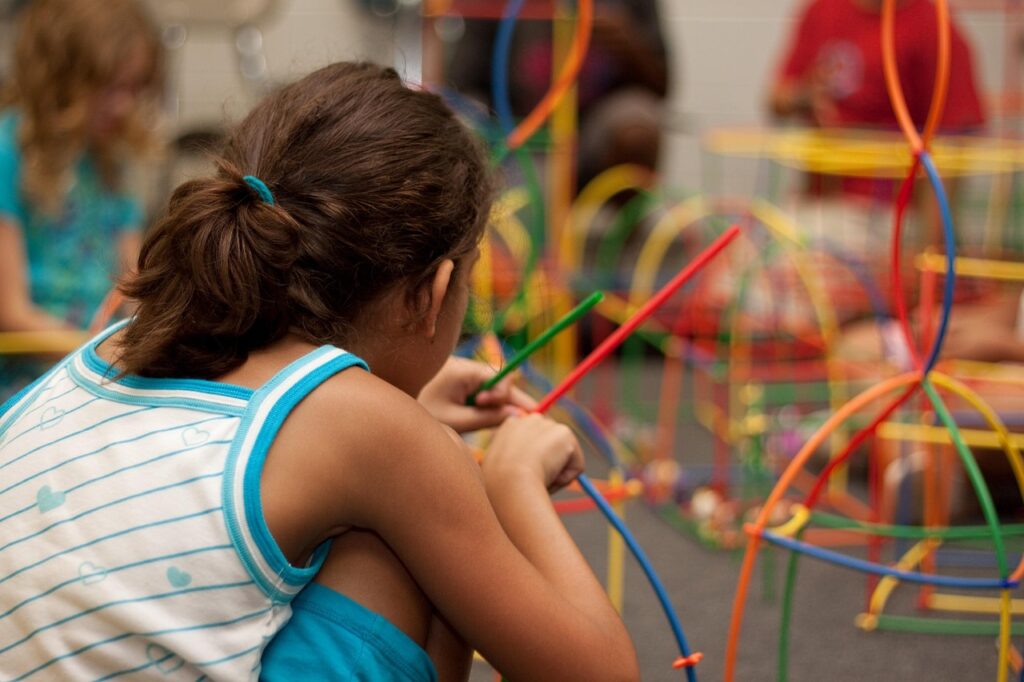Learning by doing, or the kolb experiential learning cycle, is an important way to learn. It involves four stages: concrete experience, reflective observation, abstract conceptualization, and active experimentation. The cycle is based on the idea that people learn best by experiencing things firsthand.
In the first stage, we have a concrete experience, which means that we are doing something hands-on or experiencing something in real life. This is followed by reflective observation, where we think back on what happened and what we learned from it.
After that is abstract conceptualization, where we start to make connections and turn our experiences into concepts and theories. Finally, we have active experimentation, where we apply what we have learned to new situations and see how it works.
Experiential learning is a powerful way to learn because it engages all aspects of our being: we use our senses, our emotions, and our intellect. It also helps us to develop critical thinking skills, problem-solving abilities, and creativity.
When we learn by doing, we are more likely to remember what we have learned because it is meaningful to us. It also boosts our overall confidence and motivation to learn.
The kolb experiential learning cycle is a powerful tool for learning. It allows us to engage all parts of ourselves and learn in a way that is memorable and meaningful. So, next time you want to learn something new, try to experience it firsthand and take the time to reflect on what you have learned.






